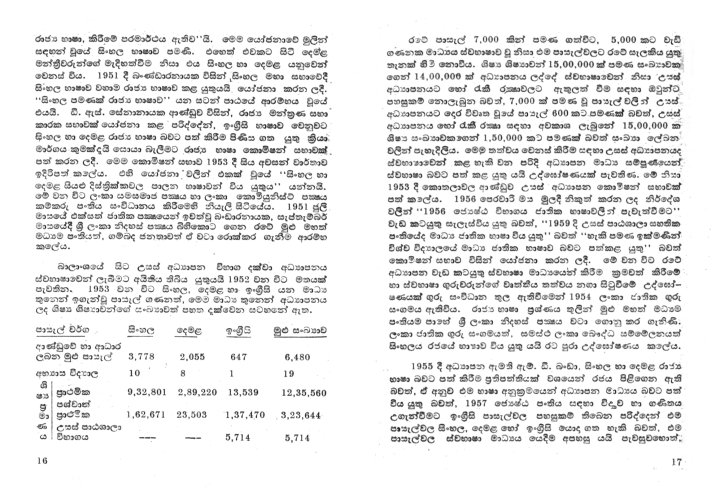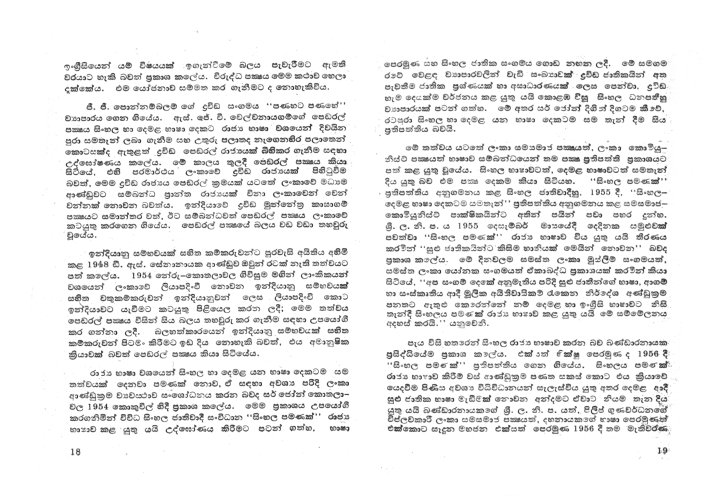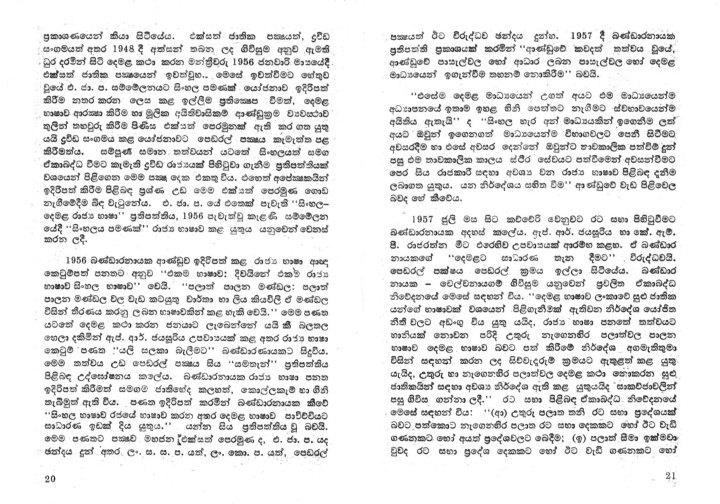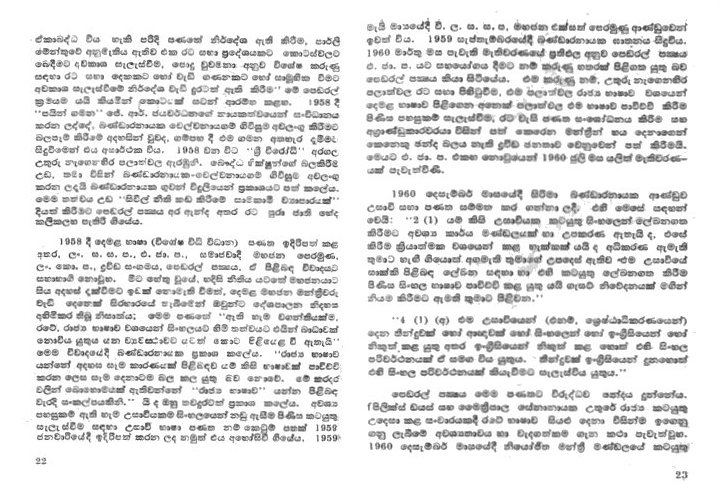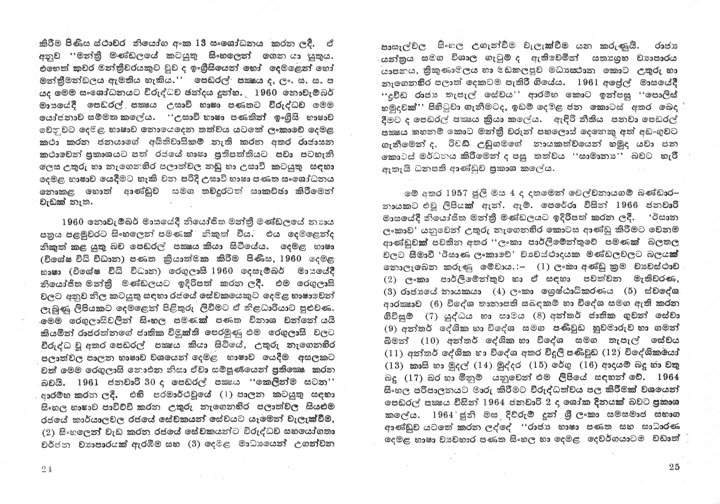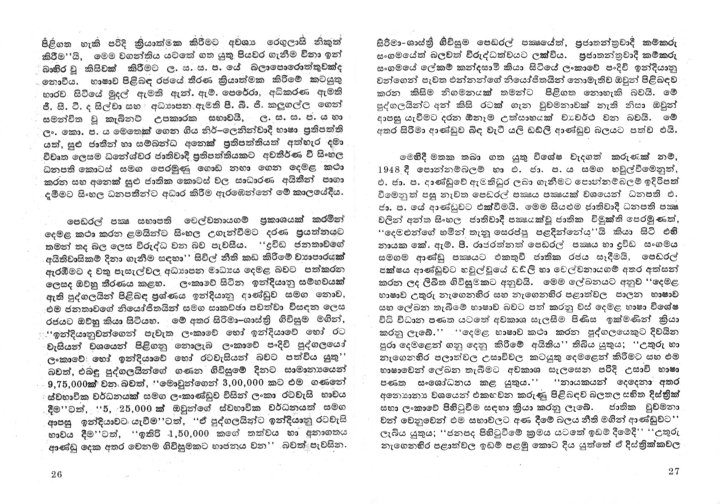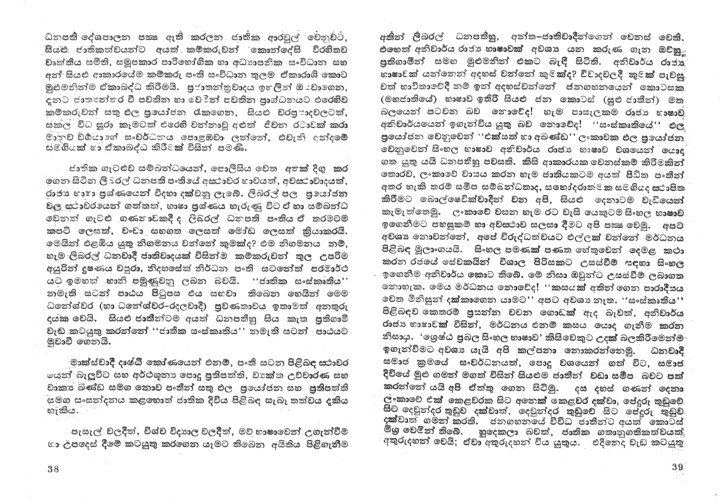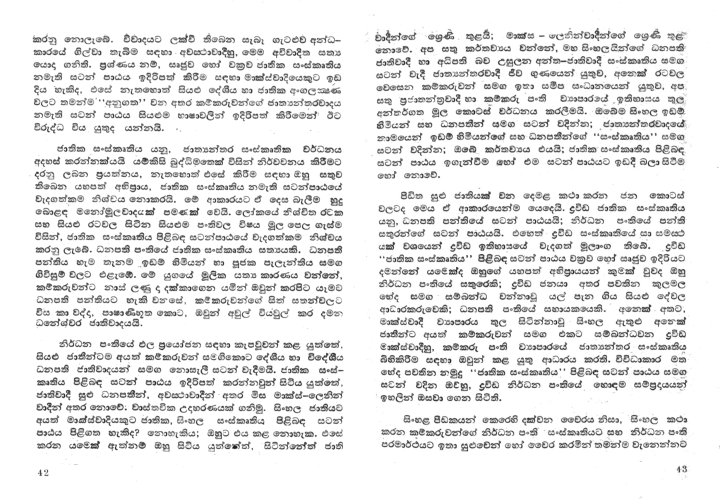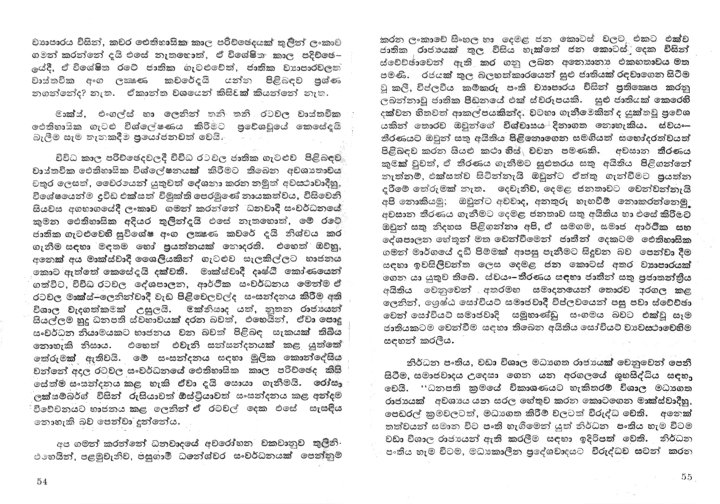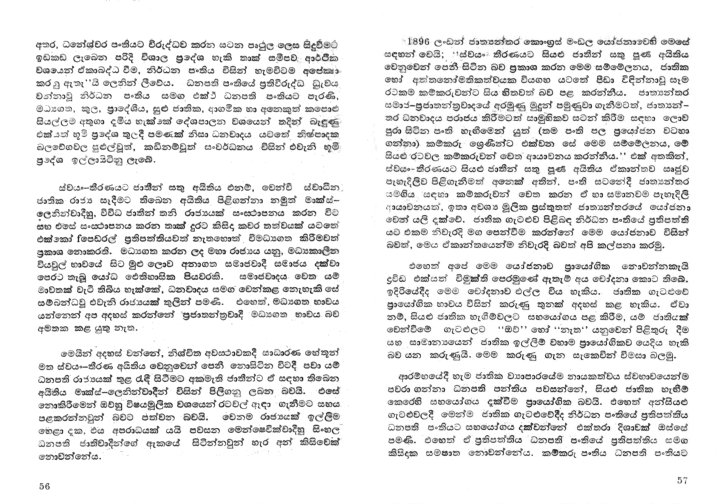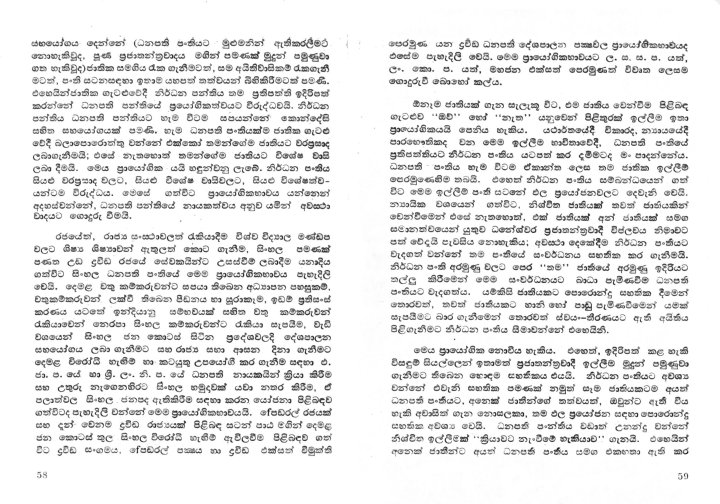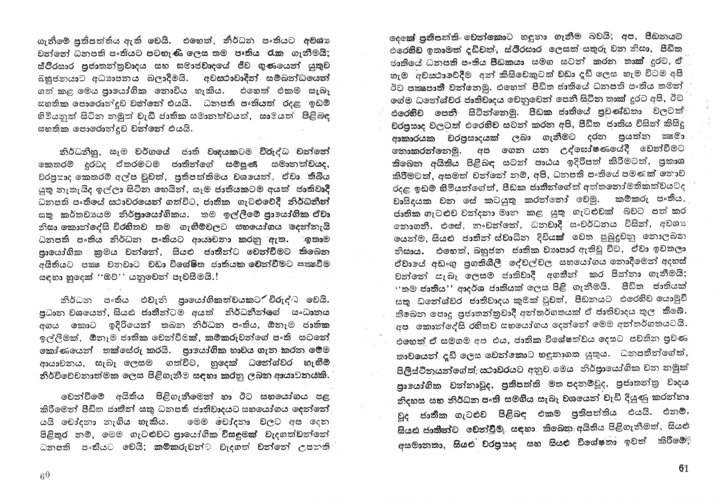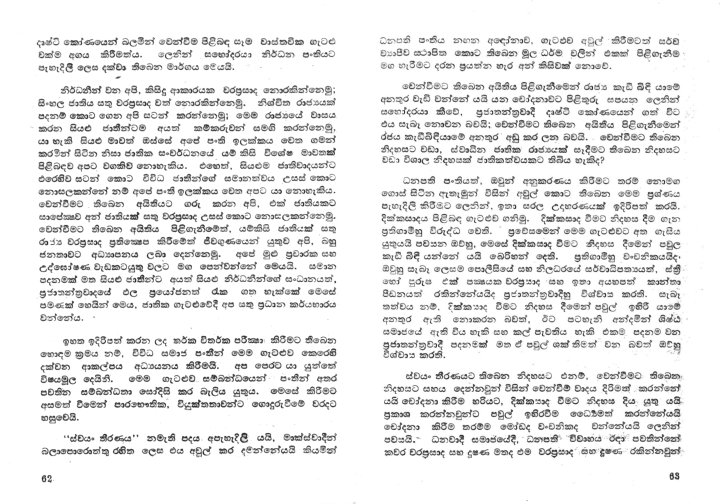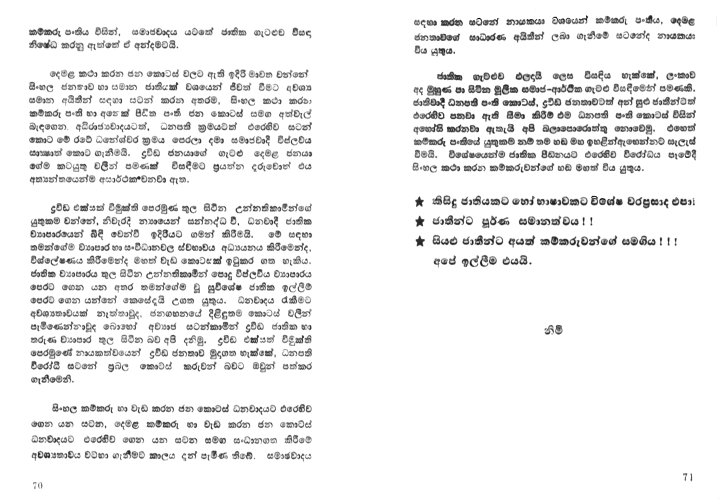
An Essential Introduction
This publication was written in 1972 while behind bars in Magazine Prison, Colombo. The content of this document heavily borrows from the writings of Lenin. Most of the material in here is still valid to the current situation in Sri Lanka. However, the federation and power sharing arrangements developed by Lenin himself (and adapted in Russia and later in the Soviet Union) had not been dealt adequately in this publication. Any mention of opposition to federalism is misconceived, due to lack of my knowledge at the time, which has been repudiated, by the three constitutions adapted since 1917 and latter day writings of Lenin. I apologize, beforehand, for any misunderstandings created due to this misconception on federalism (See Lenin’s reference: “Federation is a transitional form to the complete unity of the working people of different nations.”).
Here, I quote from the foreword to the next publication “The National Question and An Evaluation of ‘What is the solution to the Tamil Eelam Question?’.
“Pseudo-socialist theories of some … contain elements stemming from their ‘democratic’ proclamations for the elimination of discrimination against the non-Sinhala peoples. However, their essential demand on the national question shares a common stand with bourgeois ideologists. They camouflage their stand with socialist phraseology. Therefore, their nationalist views and slogans are particularly dangerous for the working-class movement. Lenin uncompromisingly exposed such hypocrisy by showing that any proclamation of national equality that is not backed by the support for liberation struggles of the oppressed peoples is false and meaningless. It is useful to compare their activities with what the Bolsheviks did during the First World War, making wide use of the State Duma rostrum and distributing millions of leaflets, pamphlets and newspapers to formulate Bolshevik Party stand towards the war and exposing nationalism and social-chauvinism.
“In 1977 I commenced my essay, A Marxist Analysis of the National question, by stating that the process adopted by the Tamil-speaking people to find solutions to their problems was at that time undergoing a decisive change. The analysis provided by the essay, heavily borrowed from the writings of Lenin and which was originally drafted in 1972 while behind bars, was incomplete and sometimes incorrect in its analysis of issues of decentralisation of power and federation. However, that analysis served as the basis of the policy framework put forward by the JVP for addressing the problems of the Tamil-speaking peoples. With the rejection since May 1983 of the underlying fundamental Marxist policy of the ‘right to self-determination’ of peoples, the political line of the JVP with regard to the national question has undergone a decisive but chauvinistic and opportunistic change. The JVP has since continuously moved further to the right from its already right-wing positions espoused in 1985 by Comrade Rohana Wijeweera. Having betrayed everything socialist with regard to the national question, they have aligned themselves with the Sinhala extremist forces and the “Otunna Himi Kumaraya”’s (nickname given by the JVP and Comrade Rohana in the 1980s) faction of the SLFP.
This change in political outlook has generated a policy of class-collaborationism, as evidenced by the prop-ups provided by the JVP to keep capitalist ruling class in power and the common platform they share with extreme nationalist political formations. Since the signing by the Government of Sri Lanka and the Liberation Tigers of Tamil Eelam (LTTE) of the Indo-Lanka Peace Treaty in 1985 at the instigation of the Government of India, the JVP and its leadership shifted its strategic political emphasis to an extreme anti-Indian position. The anti-Indian stand that had been scrapped since 1971 seems to have been revitalised and heavily made use of. In his essay What is the solution to the Tamil Eelam Question? Comrade Rohana Wijeweera provides the theoretical basis of this political shift. And having shedded this anti-Indian stand the current JVP leadership has now commenced praising in public the leadership of the Indian capitalist class. The reasoning behind this change is not incomprehensible, I leave it to the reader to decide though.”
- Lionel Bopage
01 December 2003






